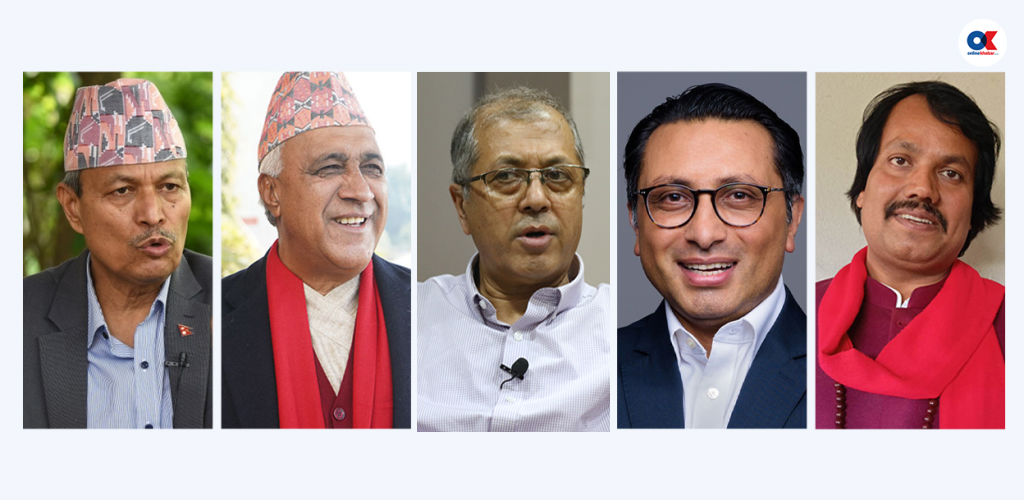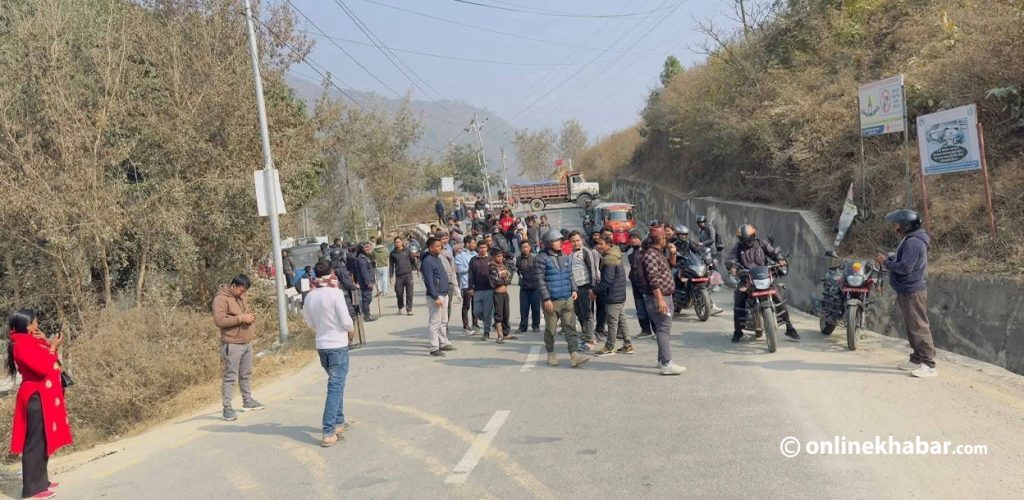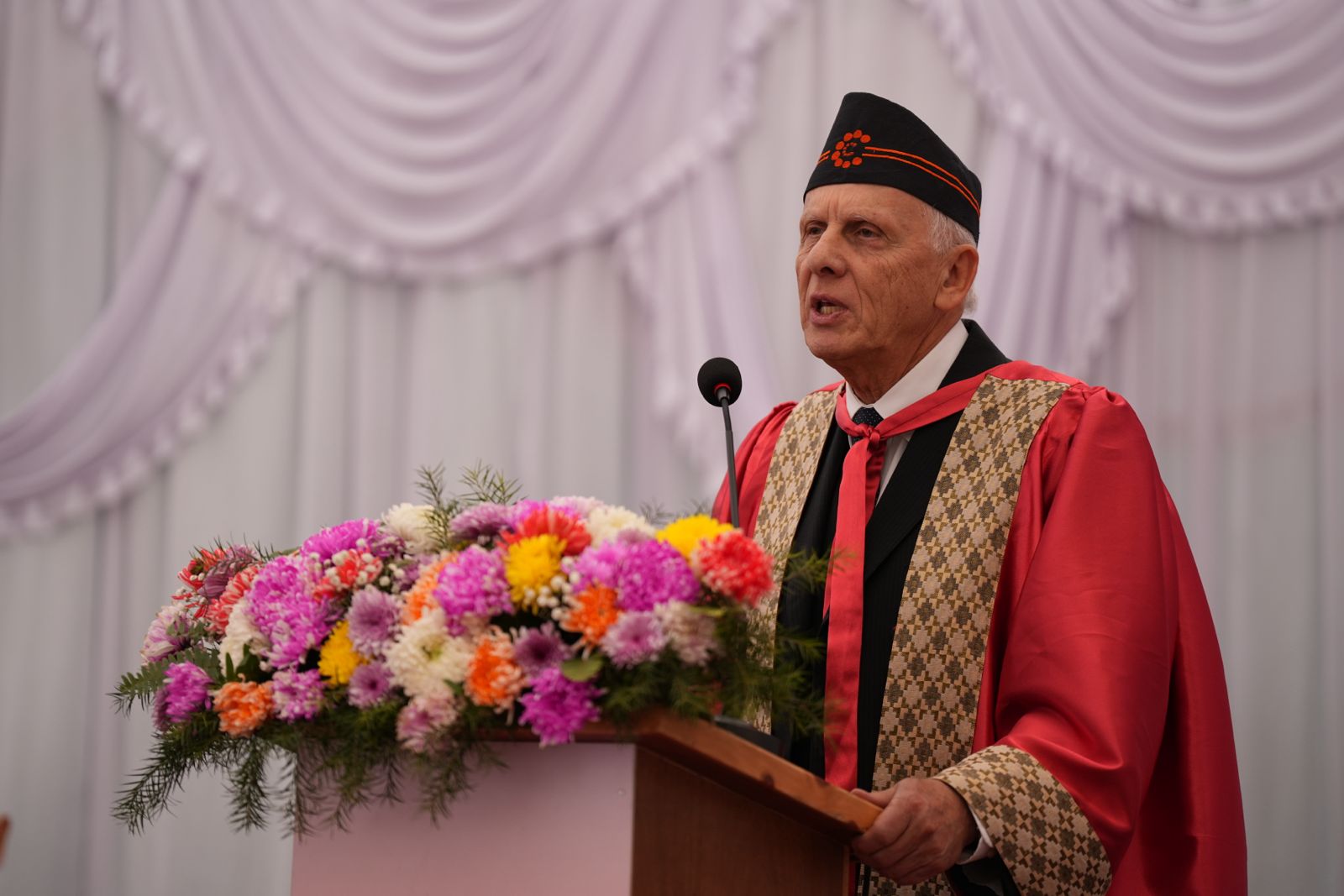
It is easy to argue that Nepali universities need to reframe, expand, or even paradigmatically shift the scope and purpose of higher education. They should acknowledge the dynamics of rapid technological transformations. Similarly, they should have knowledge about the market economy and other emerging realities of the hyperconnected world. This will eventually help them to be effective learning centres for 21st-century learners.
However, this is not the case in higher education in Nepal as it is governed by a traditional mindset, tools and technology. The system, hence, is gradually becoming irrelevant in today’s fast-paced modern world. Now, it is necessary to examine the basic assumptions, points of reference, mindsets, influences of cultural dimensions, and existing educational paradigms prevalent in the higher education system to find the root causes of this relevancy problem.
The ends vs means of higher education

Universities in Nepal operate under the pretext that graduate or postgraduate education has its own distinctive ends. In other words, universities in Nepal begin the process of developing their courses, syllabuses, pedagogies, research methodologies and standards for evaluation. Then, they assume that education is an end in itself rather than a means to an end.
Without rethinking this basic assumption, improving educational practices will not solve the academic challenges universities are facing in relation to student decline and drop-out or students preferring foreign universities for their higher education.
Nepali students tend to seek higher education in the United States, the United Kingdom, Australia, and Canada because Nepali universities are unable to provide relevant courses and degrees sufficient to meet the needs and desires of 21st-century scholars. Therefore, Nepali universities need to introduce new courses, specialisations and interdisciplinary courses with robust planning and authentic pedagogies to attract students and retain them.
Universities in Nepal also believe that collaboration with foreign universities, combined with better pedagogy, can solve the problem of dwindling student numbers and reverse the trend of Nepali students seeking higher education at foreign universities.
However, the university system in Nepal needs to realise that there is no larger social, cultural, political, or economic context to support and sustain their new courses, orientations, and specialisations. Higher education is not a self-enclosed and self-referential system and it can only find its relevancy in a larger ecosystem.
Understanding the aspirations

When it comes to understanding the aspirations and expectations of 21st-century learners, educational agents from foreign universities and consultancies are doing it better than Nepali universities.
Educational consultancies in Nepal have been extremely successful in persuading Nepali students that education should be viewed as a means to an end rather than an end in itself.
Importantly, education consultancies rather than Nepali universities have realised and assimilated the characteristics of 21st-century learners and developed their services, marketing strategies, and networks accordingly.
Unlike learners of the past generations, 21st-century learners have a broad and deep understanding of the global scenario. They know how to access different media and evaluate and utilise the information themselves.
Likewise, they are independent, outcome-focused, career-oriented, market-savvy, tech-friendly, and financially and economically concerned. Similarly, they are also aware of their potential and limitations in relation to economic opportunities and threats in Nepal.
Outliers vs averages

Another basic problem is that universities and government agencies, as stakeholders in higher education in Nepal are still thinking in terms of outliers and exceptional cases rather than those students who are average.
Indeed, some Nepali scholars who are bright and brilliant have been able to achieve their career goals and obtain their dream jobs in government agencies and banks. But, for the majority of students, who just want to get a decent job and have a stable future after graduating from college, there is a lack of systemic support necessary to make them realise the practical aspects of their learning and also help them gain applied skills.
When students do not obtain professional outcomes that match their academic degrees, they feel betrayed and disowned by the higher education system. As a result, the frustrations and disillusionment of one generation have spilt over into the next and the number of Nepali students seeking admission to foreign universities has increased significantly. Therefore, it is not surprising that every other day, a student drops out of Nepali higher education, which is another success story for educational agents and consultancies of foreign universities.
Make both means and ends relevant

The fundamental problem, particularly in higher education, is that neither the means nor the ends of Nepali higher education are desirable to 21st-century learners.
As human beings, we want to know things, get informed and understand different concepts. However, we also need to acknowledge the application side of any knowledge accumulation and understanding. For example, many people in Nepal learn the Japanese or Korean language because it prepares them for employment opportunities that allow them to fulfil their basic financial and social needs.
Similarly, many students find preparing for TOEFL, IELTS, SAT, or GRE exams more relevant than studying for a university degree. At least, doing well and scoring high in these exams can be utilised as an instrument for getting enrolled and receiving a scholarship at a foreign university. But when it comes to doing a university degree, the majority of students just want to complete their internal assignments using shortcuts, copy-and-paste, outsourcing, modifications, and open-source AI tools without much involvement or learning and somehow pass the exam.
Surely, the time has come to rethink and reframe higher education in Nepal as it is gradually becoming utterly irrelevant, empty, outdated and meaningless for 21st-century learners.























